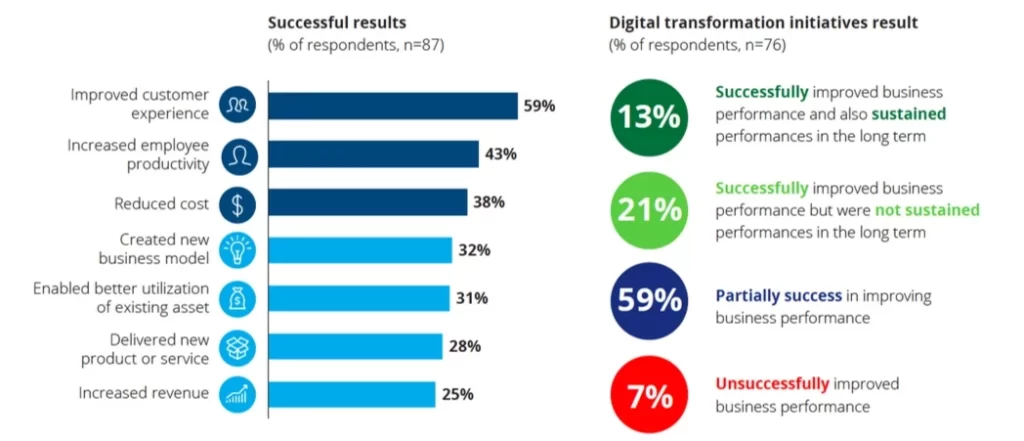By: Thawdar Lwin
In the digital era, the digital economy is emerging exponentially because of its dynamic nature and the transformational power of digital technologies. It plays an important role in speeding up global economic development, promoting productivity of existing industries and achieving inclusive and sustainable growth.
The Thailand government has been implementing ‘Digital Economy’ in the country since 2016 with the official adoption of ‘Thailand 4.0 policy’ to be able to transform the country from the one that is a middle-income trap to a high-income one. The policy intends to develop Thailand into a value-based economy or digital-based economy by using ICT as a driving force to create knowledge, creativity and innovation in goods and services.
As of today, Thailand has entered into the digital economy for almost five years. With its not-so-long experience, Thailand has reached to a certain level of success in developing the digital transformation process within the country.
The Thailand Digital Transformation Survey Report 2020 by Deloitte discovers that the implementation of digital transformation in Thailand drives industries and businesses for many purposes in many ways. Many industries and businesses are taking advantage of digital transformation to enhance end-user experiences, transform business processes, and to better utilize data. The survey data shows that enhancing the digital customer and end-user experience and transforming business processes are highly focused by 62% of total respondents; then followed by better utilizing data (60%) and using digital technologies to accelerate new product/services development (57%) respectively.

Digital disruption initiative has a key transformative impact on industries in Thailand in an optimistic way. Particularly, industries in Technology, Media and Telecommunications are employing digital technologies to accelerate new product or services development while businesses in the financial industry are doing so for enhancing end-user experience.
The same survey data found that Technology, Media and Telecommunication are the most impacted industries in Thailand and have a major transformative impact of digital disruption; it is highly impacted by 42% of total respondents following by financial services (36%), energy resources and industrials (26%) as well as consumer (25%).

What are key successful results from digital transformation initiatives?
The same survey data says that significant benefits resulting from digital transformation include improving customer experience (59% of total respondents), increasing employee productivity (43%) and reducing cost (38%). The initiatives also resulted in improved business performance and sustained performance in the long term especially for those industries in Technology, Media and Telecommunications as well as financial services.

Challenges hindering the progress of digital transformation process
The same survey also found that people’s issues are the top challenge for achieving digital transformation instead of technology. Those centered-around people issues are talent gap, digital culture and organizational silo, which are key challenges.

Despite the fact that digital disruption impacts businesses transforming their business strategies to online platforms in line with the trend of accelerating online streaming and digital media, such impacts create an additional challenge: digital divide within the country. For example, there is a high disparity of access to digital technologies/ ICT use between the Bangkok metropolitan area and the other regional areas given the data that household PC penetration was 57% in Bangkok but only 25.9% in the northeastern region in 2018.
Let’s hear the stories of the two women who faced the challenge of the digital divide during the Covid-19 outbreak and how it affects their lives.
During the coronavirus quarantine period, Aliya, a 35-year-old interior designer based in Bangkok started an online food business selling premium-quality dumplings and khanom chin, thin rice noodles, topped with a Thai crab curry made from her mother’s unique recipe.
But, 34-year-old Usa Sankan, who lives in a low-income residential area of Bangkok’s Klong Toey district and lost her job at a warehousing company, was unable to run an online business in times of exponentially growing e-commerce during the lockdown.
She even cannot buy a good smartphone and get access to high-quality internet compared to Aliya who can easily get access to customers on online platforms.
While the Covid-19 pandemic poses the importance of digitalization in the economy and encourages countries to highly maximize the digitization process, it has widened the digital gap within the country at the same time.
Undeniably, Thailand’s digital transformation is benefiting industries and businesses in many ways. Yet, it has unexpectedly created the digital divide within the society impeding the development of Thailand’s digital economy.

